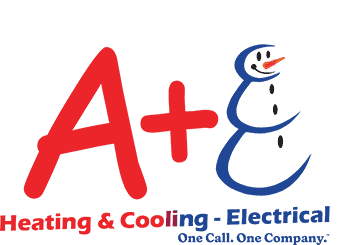Humidity can affect many aspects of your home. Maintaining healthy humidity levels can reduce the growth of mold and mildew and help keep every room more comfortable. Addressing humidity levels is another component of heating and cooling your space efficiently.
What is Humidity?
Humidity is the measure of moisture in the air. It’s often measured as the percentage of water vapor carried in the air. Relative humidity is the amount of water vapor in the air compared to the maximum amount the air can hold before resulting in condensation.
- 100% humidity means water vapor levels are as high as possible
- 0% humidity means there is no water vapor content in the air at all
The Best Indoor Humidity Level Is…
The ideal indoor humidity level is between 30-50%. Your household may be more comfortable at one end of the spectrum within that range. This preference may be shaped by the time of year, how hot or cold you keep your home and your regional climate. Ocean Isle Beach is usually very humid during the summer, while indoor humidity decreases in the winter.
Is Excessive Indoor Humidity in My Home Dangerous?
The risks posed by both high and low humidity are typically long-term problems. Maintaining a safe humidity level should be a part of your household's year-round efforts to sustain healthy indoor air quality through regular HVAC maintenance and repairs with A+ Heating & Cooling.
The Dangers of Low Humidity in Your Home
Low humidity over time can increase the risk of spreading disease, including viral infections like colds and flu. Dry air can also make allergy sufferers more affected by mildew, pollen, dust, and dander. Individuals with respiratory issues like asthma often see more acute symptoms when humidity levels drop below 50%.
Low-humidity environments can also lead to dehydration, dry skin, chapped lips, and nose bleeds.
The Dangers of High Humidity in Your Home
Elevated humidity levels also pose health risks. While dry air can make it easier for viruses and airborne diseases to spread, high humidity encourages the growth of these harmful airborne irritants. High humidity can also cause building materials like treated wood, carpets, and upholstery to release chemicals. Finally, high indoor humidity is just uncomfortable. High humidity makes your home feel warmer – and stickier – than your thermostat setting, forcing you to lower the temperature more often and use more energy.




